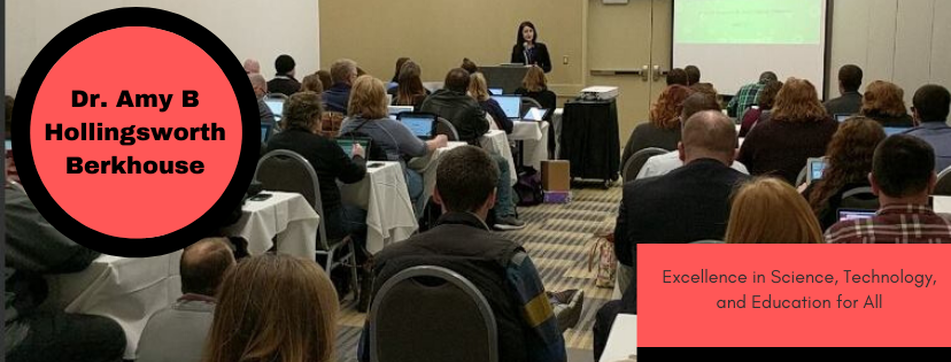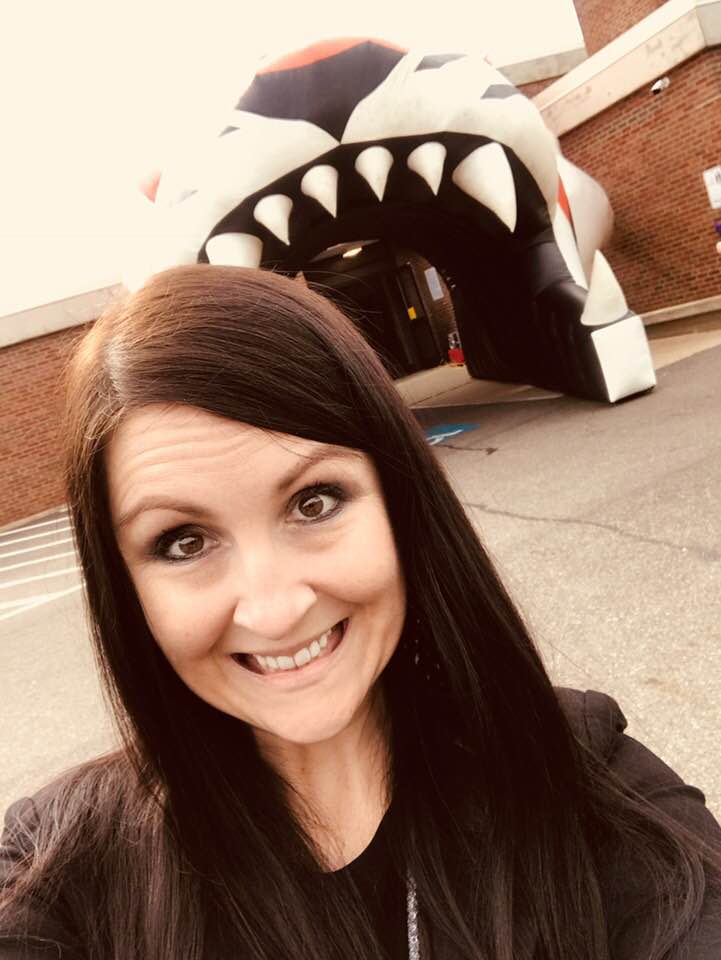The proliferation of mobile devices and the surge in popularity of the flipped classroom mean that video is at the head of the class in today's schools.
Today’s generation of students, from kindergarten to university, were raised with video online. For them it’s a natural tool for learning, whether or not video is actually used in their schools. This is something that many forward-looking educators and video professionals have been predicting would happen.
“I think schools are really going to have to adapt soon,” says James Foley, manager of digital media development at the Rochester Institute of Technology (RTI). “The bar is getting set high, but not in the way we think.” That’s because students are coming to college with their expectations already set by watching YouTube or instructional video sites such as Khan Academy.
I do a lab using termites, where we look at their behavior. I have a ton of students video that lab, and what if I could have the students share the snippet of what is happening, and all the students in the class could watch? Then, I could evaluate the group of students, based on their videos that *I* watch? It would tell me a lot as an educator about what my students are doing right, what they are doing wrong, and how I could help them get better. Like a "virtual student portfolio." COOL!!!
In her Grade 2 classroom in Wolf Creek, teacher Kendall Johnson says, “Video is used a lot more to motivate kids.” During a physical education lesson last year, she used her smartphone to record students practicing the long jump. Afterward, Johnson reviewed the footage with them in the classroom, providing constructive feedback on their technique.
Smart classrooms and large-format displays are particularly important so that students may view videos one-on-one with teachers, in small groups, or all together. Additionally, it is not practical to give the youngest students video homework assignments, in part because they are more likely to have limited internet access outside of school.
“By the students viewing it on the larger screen,” Serviss says, “it has a true impact on their self-esteem. Ten years from now they’ll still have that video footage. We’ll look back and show our classes 10 years from now, ‘Here’s your parents, talking about your heritage.’”
I recently told a friend that my dream is to become the next David Attenborough. Well, female David Attenborough. Here's my chance!





 RSS Feed
RSS Feed
